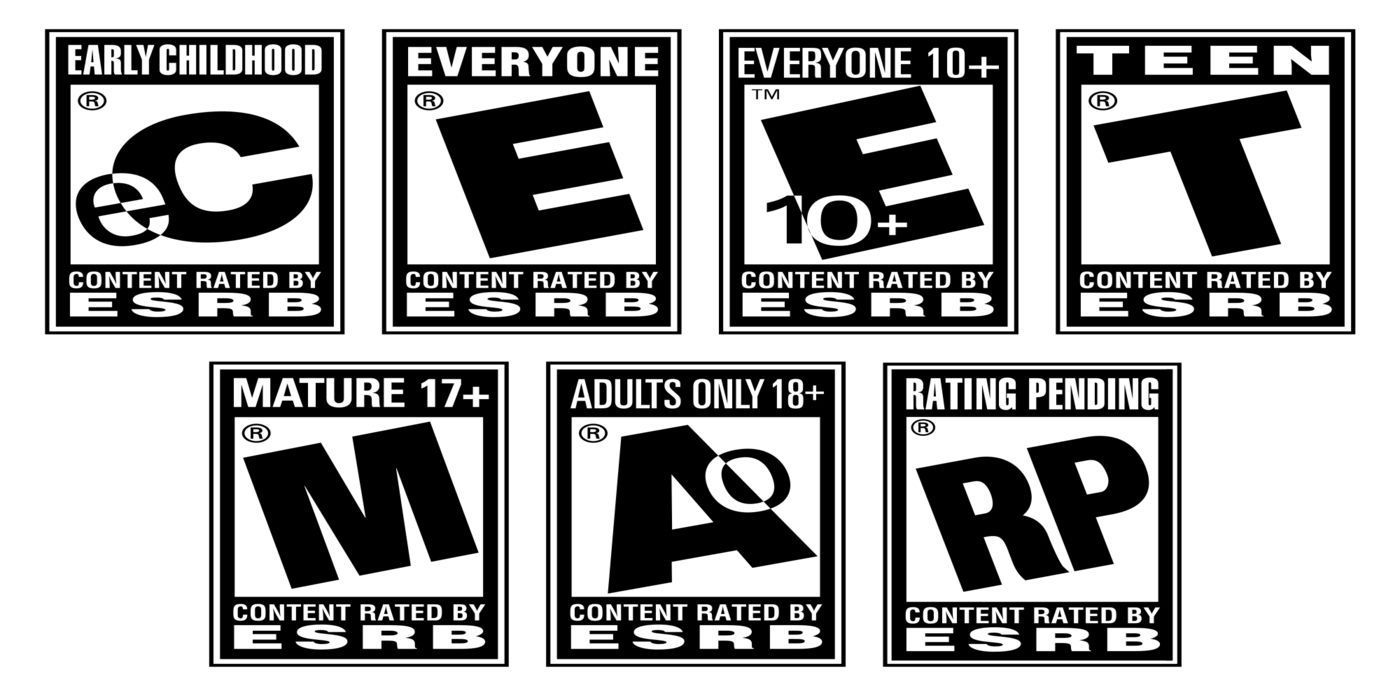The Entertainment Software Rating Board (ESRB) has been rating video games since September of 1994. The rating board has worked diligently at creating a transparent environment around games to help parents decide which video games are suitable.
Over time the ESRB has updated and changed its ratings to evolve with the times. At one point the board changed from a KA (kids to adult) rating to an E for everyone rating to help clarify things. Now the ESRB has made an important change regarding loot boxes and microtransactions that the player base and parents have been clamoring for for quite some time.
The ESRB tweeted out recently that it will be adding a new element to its ratings, In-Game Purchases (Includes Random Items). This will allow the player to understand that the game they are about to download or buy will have in-game loot boxes and or microtransactions. Many games have come with overpriced and absurd microtransactions, some that fans were not prepared for until after they took home and started playing, so the ESRB adding the new element to the ratings is a welcome addition.
Microtransactions and loot boxes have become an increasingly questionable topic among gamers. Many players are happy to support games, but what they are asking for is transparency. Recently EA filed for a controversial microtransaction patent, the same publisher behind multiple microtransaction fiascoes. Apex Legends is a title under EA, and it uses Apex Packs (loot boxes). But fans are able to see the exact likelihood for each rarity of the items within the Apex Pack, which is something they appreciate.
The ESRB already made mention of in-game purchases within the fine-print of game ratings, as it did with Animal Crossing: New Horizons before the game dropped the in-game purchases. However, that was within the website and at a location that parents may not have direct access to. The new updated "In-Game Purchases (Includes Random Items)" is able to be seen directly on the boxart at the store and or from the downloadable screen when making a purchase.
Many compare loot boxes to gambling, and say that it should be banned entirely from children. While that is something that is up for debate, it certainly shouldn't be denied that information is worth sharing and allowing parents to understand what is in the games their children are playing is critical. Now that parents have said information, it is up to the parents to decide what their children are playing.

